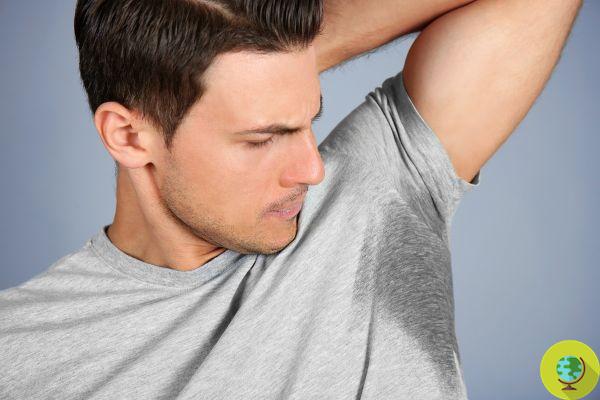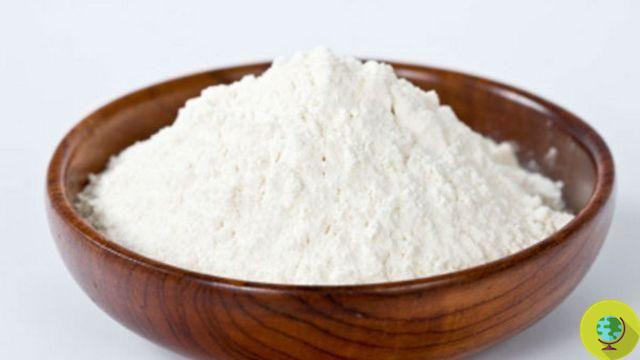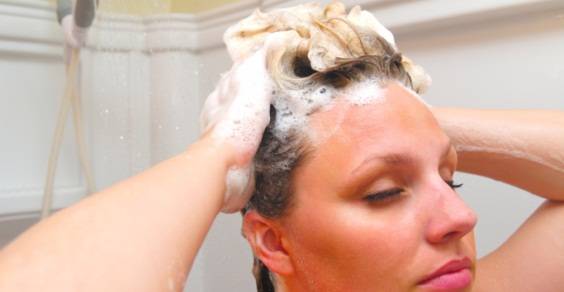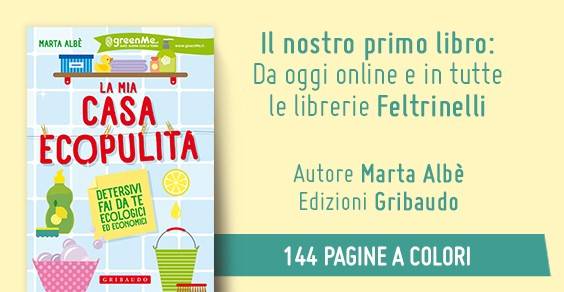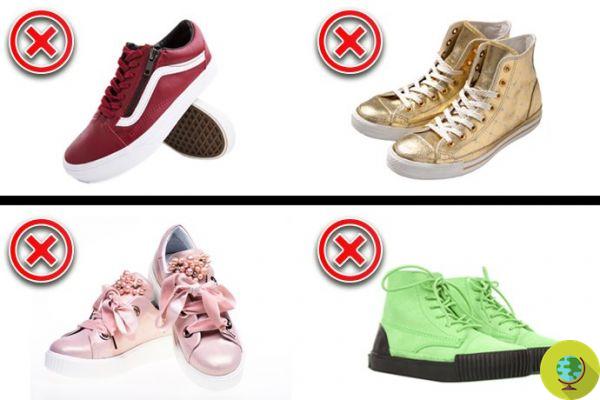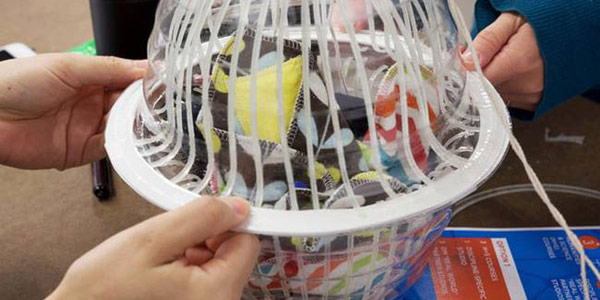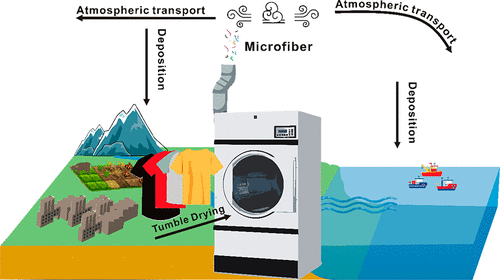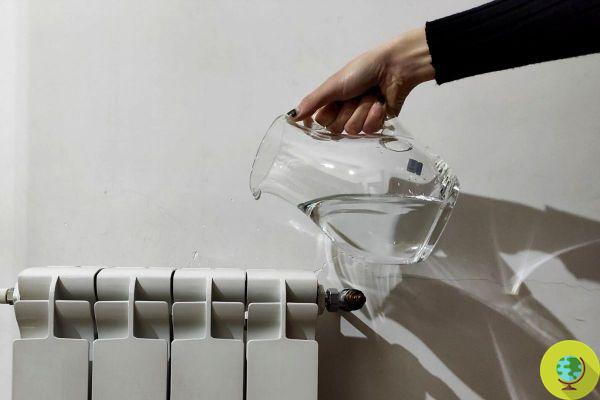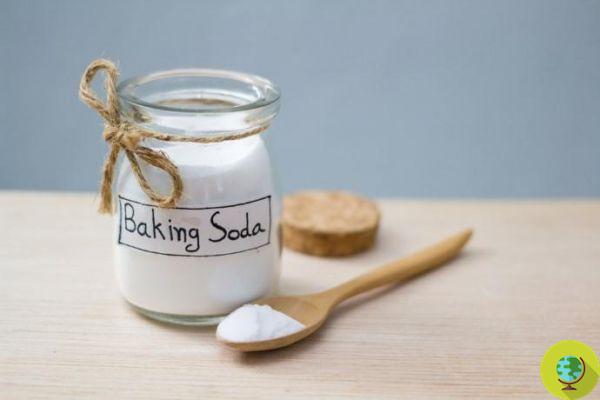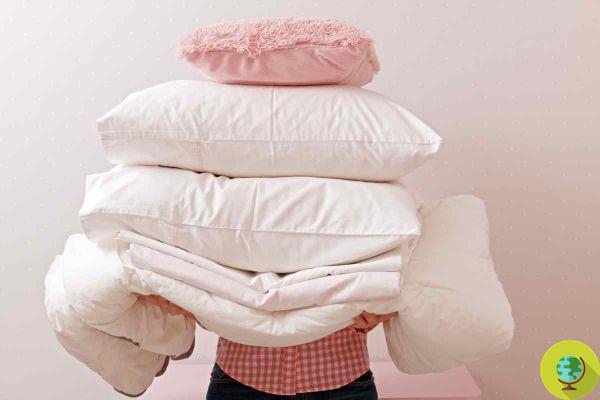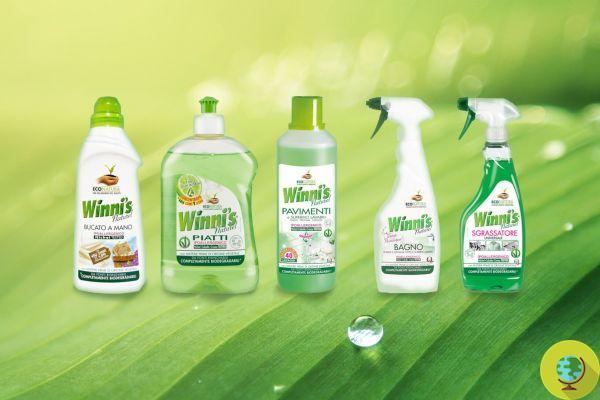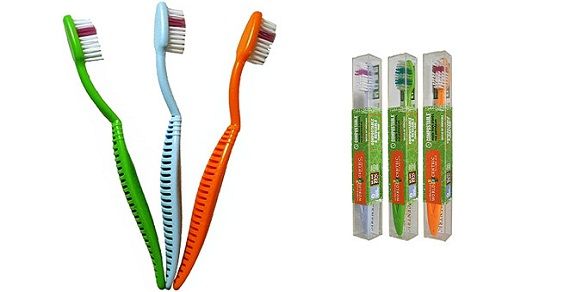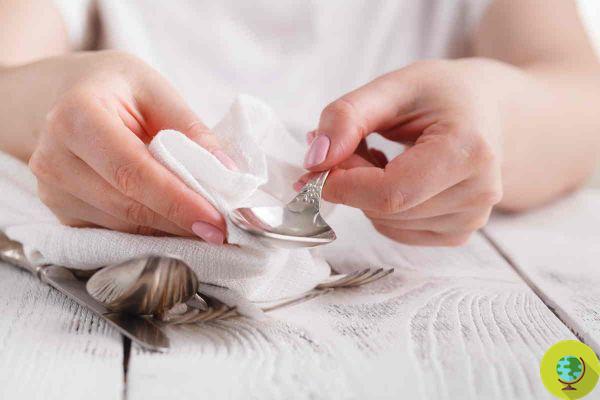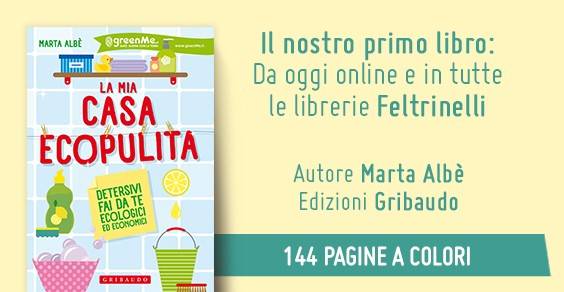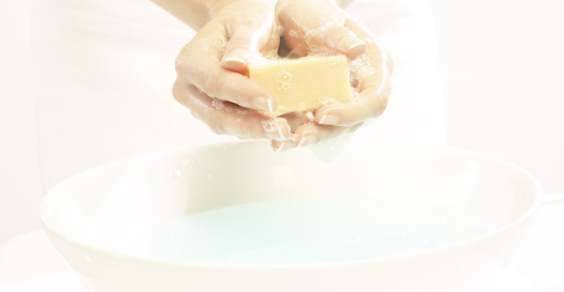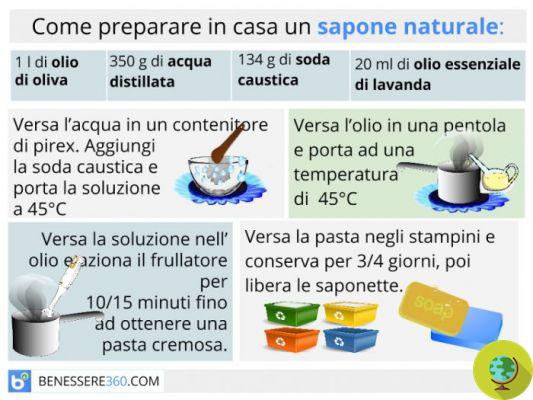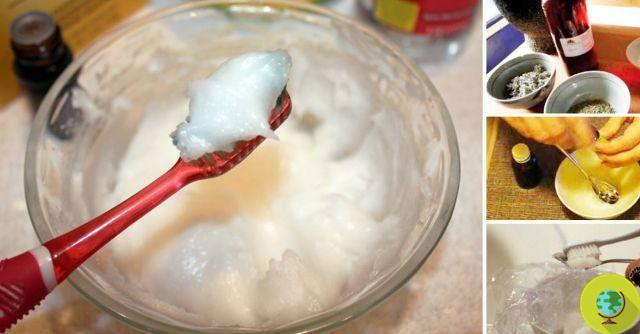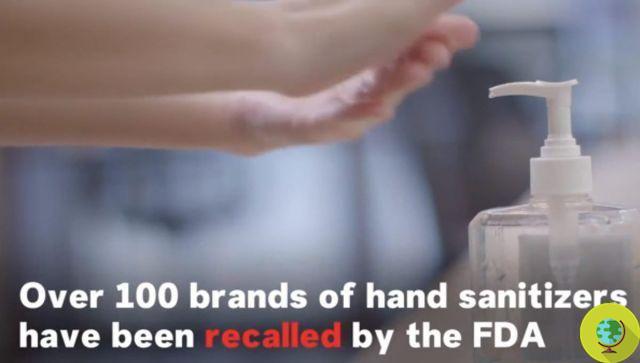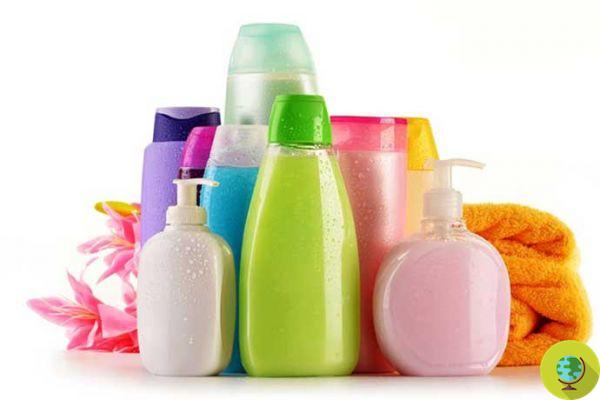
As we know, it is not uncommon for the most common shower gels, shampoos, cosmetics and other hygiene and personal care products to contain chemical ingredients that are potentially harmful to health or the environment. Now the European Chemicals Agency has announced that the use of two silicones in cosmetic products will be banned starting in 2020.
He is about to end up run over, his mother saves him
As we know, it is not uncommon for the most common shower gels, shampoos, cosmetics and other hygiene and personal care products contain chemical ingredients potentially harmful to health or the environment. Now the European Chemicals Agency has announced that the use of two silicones in cosmetic products will be banned starting in 2020.
It is of 'ottamethylcyclotetrasilossano (D4) e decamethylcyclopentasiloxane (D5) that, from January 31, 2020 onwards, it will no longer be possible to use common cosmetic products within the INCI that are eliminated with water after application. In reality, the EU regulation limits the concentration of D4 or D5 to 0,1% within these products but in fact it means that these can no longer be used as much larger quantities are needed to perform their function.
For the moment, the ban will only be active for so-called "wash-off" products, while they can continue to be used in spray sunscreens, deodorants and other products, pending new studies to better evaluate their effects. Among other things, D4 and D5 are also included in products that have nothing to do with personal care, such as dry cleaning detergents, waxes, polishes and more.
These are two colorless and odorless substances that are used in cosmetics as they help to give them a pleasant texture, promote moisturizing power, dissolve and mix the other ingredients easily, making the product as smooth and silky as consumers want. However, experts are concerned that these substances may remain in the environment causing serious dangers to aquatic life.
With regulation (EU) 2018/35 of 10 January 2018, the European Commission has in fact chosen to limit the use of octamethylcyclotentosiloxane and decamethylcyclopentasiloxane silicones by classifying D4 as persistent, bioaccumulative and toxic while D5 as very persistent and very bioaccumulative.
But the risk is not only for aquatic environments, D4 and D5, in fact, are highly volatile or evaporate quickly. In fact, "alarming" levels of these substances have been detected in the air, even if no one yet knows the effects on health for those who breathe them.
In fact, regarding these two ingredients, also known as cyclomethicone (D4) and cyclopentasiloxane (D5), included in the Biodictionary as dangerous chemicals and branded with two red dots, there is not yet enough scientific evidence regarding the alleged danger to humans. .
There is only some animal research that D4 can cause reproductive toxicity, but as biological action differs in rats and humans, such findings are unlikely to pose a risk to our species as well.
On the substances dangerous for the environment and health present in cosmetics, read also:
- Cosmetics: the list of toxic substances to print and always carry with you
- The most toxic ingredients contained in cosmetics




